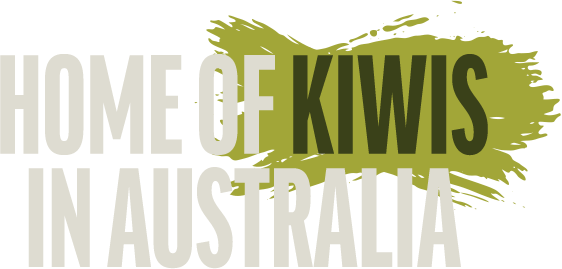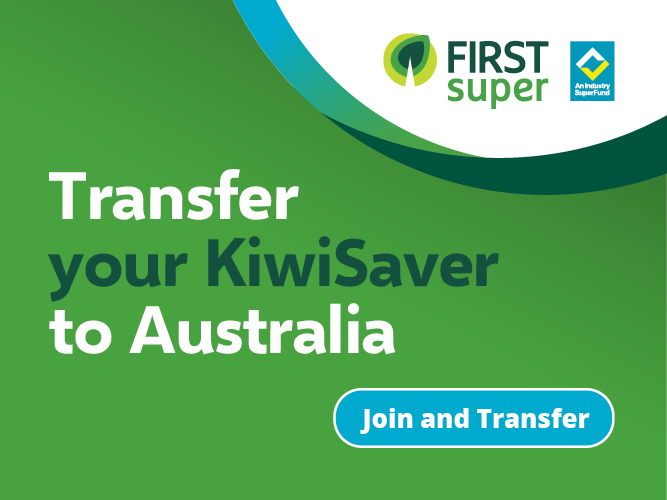
You’ve got the questions, we have the answers!
How do I access my super early?
There are several situations where you may be allowed to access your super early.
These include:
- Reaching preservation age
- Severe financial hardship
- Compassionate grounds
- First Home Super Saver scheme (FHSS)
- Terminal illness or permanent incapacity
- Permanently leaving Australia
You can find out more about each of these topics by visiting Accessing Your Super.
I’m self-employed, what should I know about super?
If you are self-employed, you don’t have to make superannuation guarantee payments for yourself. But you may choose to contribute to super anyway. And there are provisions and enticements for you to do so.
Where does my super go if I pass away?
Many people think that their super balance is an asset that becomes part of their estate when they die. But this isn’t always the case!
Super benefits are treated separately from your other assets and do not automatically go to your estate in the event of your death.
As a result, First Super has to follow super and tax laws to decide who is eligible to receive the super and any insurance payments (i.e. your beneficiaries).
Look after the people you love and care about by completing a Nomination of Beneficiary Form to let First Super know who you want to receive your super balance and any insurance benefits should you pass away.
Can I transfer my KiwiSaver to my Australian super fund?
Yes, First Super is one of the few Australian super funds that will allow KiwiSaver transfers under the Trans-Tasman Portability Scheme.
Find out how to Transfer your KiwiSaver.
I’m moving back to NZ, can I take my super with me?
Yes, you can transfer your super to a KiwiSaver scheme. There are a few things we need first!
Find out how to transfer your super fund to KiwiSaver.
What happens if I leave my KiwiSaver in NZ?
If you plan to leave your KiwiSaver in NZ, there are some things you should consider carefully. You may need to look at the rate in which you are being taxed on your KiwiSaver. If you are about to become a non-resident of New Zealand for tax purposes, or are already living in Australia, you will automatically be taxed 28% on your KiwiSaver earnings each year.
If you have decided not to transfer, you should contact Portfolio Investment Entity (PIE) and notify them of your move, they will be able to adjust your PIR to a lower tax rate.
Find out more about leaving your KiwiSaver in NZ.
What insurance cover do I have with my super?
When you first join First Super, if you meet General Eligibility and/or have made a Valid Election (opted in) for insurance, you will be covered automatically for 4 units of Death and Total and Permanent Disablement (TPD) insurance.
You can read more about different cover on the What Cover Do I Have? Page.
You can find full details about your cover – including the units held, cost and sum insured – by logging into your firstonline account. Alternatively, contact the Member Services Team on 1300 360 988 or mail@firstonline.com.au
How can I find my lost super?
The Australian Taxation Office (ATO) estimates that there are 6.2 million unclaimed super accounts across the country worth around $18 billion. Almost half of all Australians with superannuation have more than one super account!
Your super fund will report you as a lost member if you have been uncontactable for 12 months – for example, if you haven’t updated your details with them after changing your job, address or name.
The good news is that there are two easy ways to find any lost super:
- Search yourself via the FirstOnline Member Portal
- Let First Super do the searching for you
Read more about Finding Lost Super.
What is salary sacrifice?
Salary sacrifice is an arrangement with your employer to make additional superannuation contributions from your pre-tax salary. Your employer makes the payments on your behalf, and they are taxed at 15% instead of at your nominal tax rate.
How do I make a voluntary contribution?
There are two types of superannuation contributions:
- Concessional contributions include the employer SG and contributions made from your pre-tax income. Your pre-tax income may include salary sacrifice and any other contributions claimed as a tax deduction.
- Non-concessional contributions (voluntary after-tax contribution) are made from your post-tax income or savings, which does not attract the 15% contribution tax, as you have already paid tax on your income.
A voluntary after-tax contribution to your super is a simple and effective way of growing your super. And as long as you remain under the contributions cap (limits), you won’t pay any tax on the contribution, because you’ve already paid income tax.
Where can I get financial advice?
If you’re not sure how to make the most of your money and your superannuation, financial advice can help you.
How much super do I need to retire comfortably?
How much super is enough to set you up for retirement? It depends on what kind of retirement you want.
The Association of Superannuation Funds of Australia (ASFA) suggests that in order to have a ‘comfortable’ retirement – one in which you can afford an annual holiday, regular meals out, regular hair cuts and improvements to your home – single people will need $545,000 in retirement savings. Couples will need $640,000.
I’ve reached preservation age, how do I access my super?
How much super is enough to set you up for retirement? It depends on what kind of retirement you want.
The way in which you can access your super depends on whether or not you have retired yet once you reach Preservation Age. If you have retired, you have full access to your super. If you have not yet retired, you can access your super in the form of a Transition to Retirement Pension.
You have full access to your superannuation when you reach the age of 65, regardless of whether or not you are still working.
Find out more on the Accessing Super page
How do I get the age pension?
How much super is enough to set you up for retirement? It depends on what kind of retirement you want.
In an ideal world, you would have enough superannuation savings to see you more than comfortably through your retirement.
However, not everyone can fully fund their own retirement. The Australian Government recognises this, and offers the Age Pension as a supplement to your retirement income.
The aim is that the Age Pension will make up any shortfall in your income. It is considered the minimum amount you can live on; it is not designed to fund a comfortable retirement lifestyle in and of itself.
Read more about Age Pension or contact Centrelink for more detailed information.
This is a sponsored advertising promotion by First Super Pty Limited (ABN 42 053 498 472, AFSL 223988) as trustee of First Super (ABN 56 286 625 181).
This document contains general advice which has been prepared without taking into account your objectives, financial situation or needs. You should consider whether the advice is appropriate for you and read the Product Disclosure Statement before making any investment decisions. To obtain a copy of the PDS or Target Market Determination please contact First Super on 1300 360 988 or visit our website www.firstsuper.com.au.


